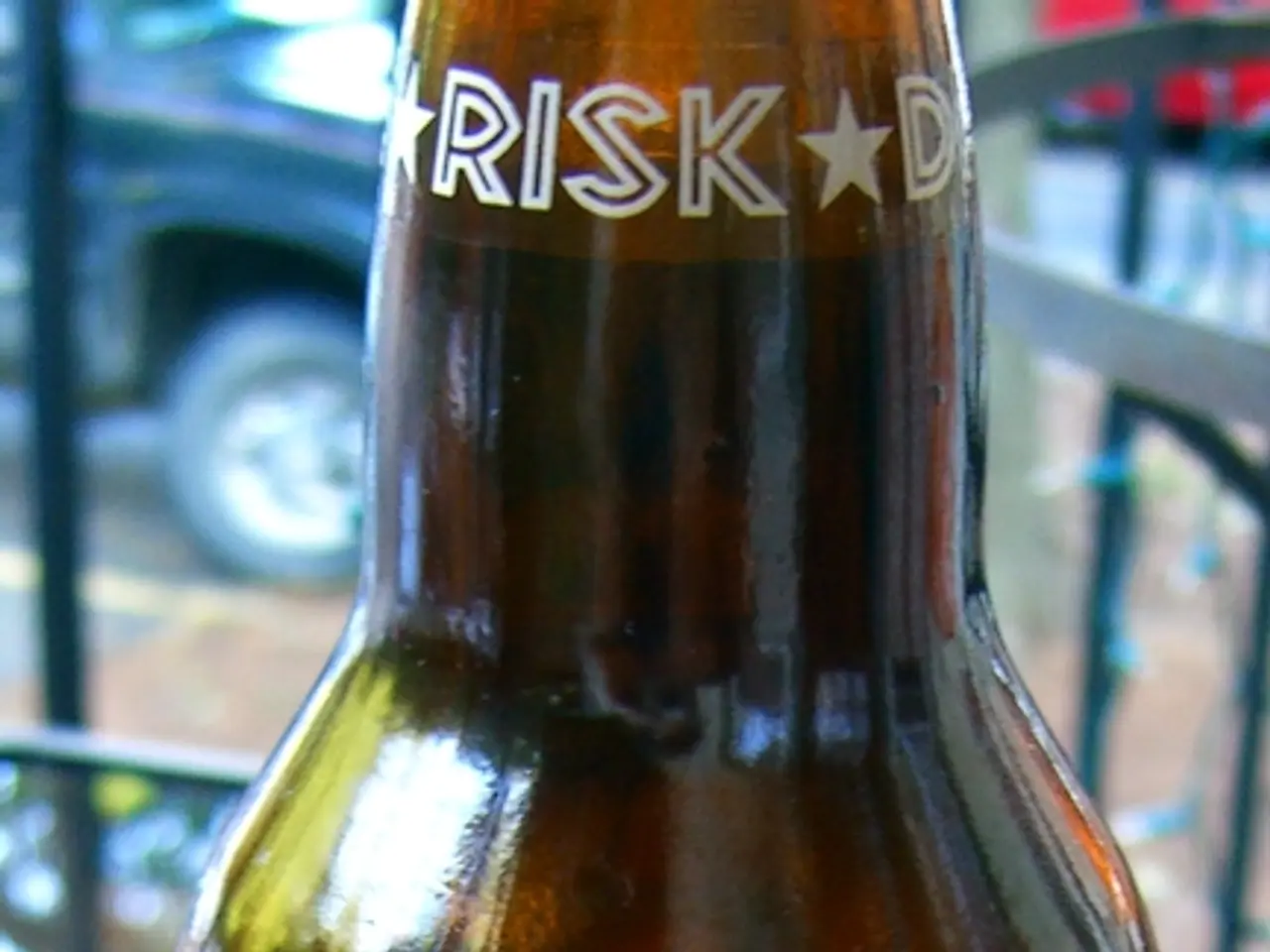Altering Direction: Unraveling the Scientific Basis of Adversity and Misfortune
In life, we often encounter a series of unfortunate events or a string of negative outcomes that leave us feeling like we're stuck in a cycle of bad luck. But what if this perception of bad luck isn't purely due to random chance, but rather a complex interplay of psychological, cognitive, and social factors?
The common experiences we label as "bad luck" stem from a multifaceted interplay of factors, including psychological biases, cognitive distortions, and social influences.
Psychologically, attribution biases play a significant role. People tend to attribute negative events to external forces labelled as "bad luck," but often internalize blame, leading to distortions such as believing bad things happen because of their fault while good things are due to luck or external causes. This can foster feelings of helplessness or exaggerated personal responsibility.
Cognitive factors, such as confirmation bias and magical thinking, also contribute to the perception of bad luck. Confirmation bias, for instance, encourages people to selectively notice and remember information that confirms their belief in bad luck while ignoring contradictory evidence. For example, if someone believes they are unlucky, they recall times when misfortune struck but overlook many neutral or positive events.
Social factors, like cultural and familial influences and social reinforcement, also shape our perception of bad luck. Norms and teachings can reinforce beliefs about luck, fate, and the need for rituals to avoid misfortune. Through social confirmation and shared narratives, people collectively reinforce ideas about what constitutes "bad luck," spreading such beliefs and behaviours across communities.
Understanding these factors is crucial for addressing maladaptive beliefs and reducing distress tied to experiences interpreted as misfortune. Cognitive-behavioral approaches that challenge these biases and beliefs can help individuals develop a more balanced perspective and resilience towards life's uncertainties.
By recognising and challenging negative thoughts that contribute to the perception of bad luck, taking proactive steps towards improving our situation, and cultivating gratitude, resilience, and a positive mindset, we can change our outlook on life and reduce the impact of bad luck on our mental health.
It's important to remember that bad luck is not necessarily tied to fate or destiny, but rather the result of random events, cognitive biases, and our tendency to focus on negative experiences. Understanding this can help us accept the unpredictable nature of life and move towards a more empowered and resilient state of mind.
In conclusion, the experiences we label as "bad luck" are not purely random events but are influenced by our thoughts, emotions, and social environment. By understanding these influences, we can take steps to change our mindset, improve our resilience, and lead happier, more successful lives.
The intricate nature of our consciousness, as revealed by psychology and science, shows that the apparent bad luck in our lives often arises from psychological biases, cognitive distortions, and social influences. In the realms of health-and-wellness and mental health, recognizing and challenging these negative thoughts can help shift our perception towards a more balanced understanding and create a more positive mental-health environment. By nurturing resilience, gratitude, and a positive mindset, we can transform our outlook on life, thereby minimizing the impact of 'bad luck' on our overall well-being.




